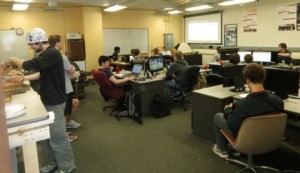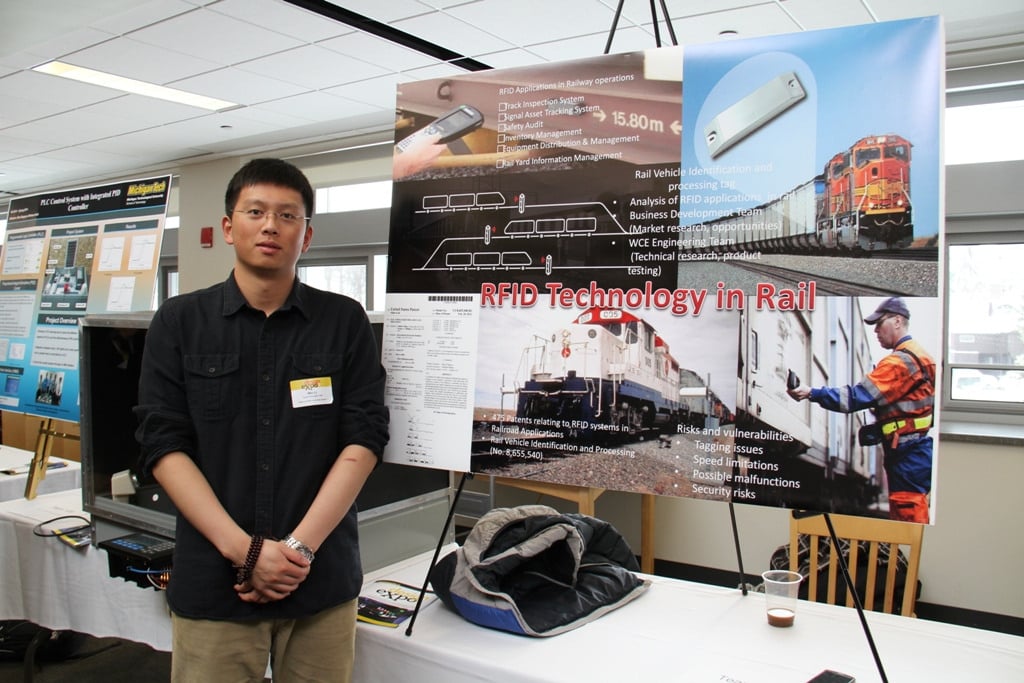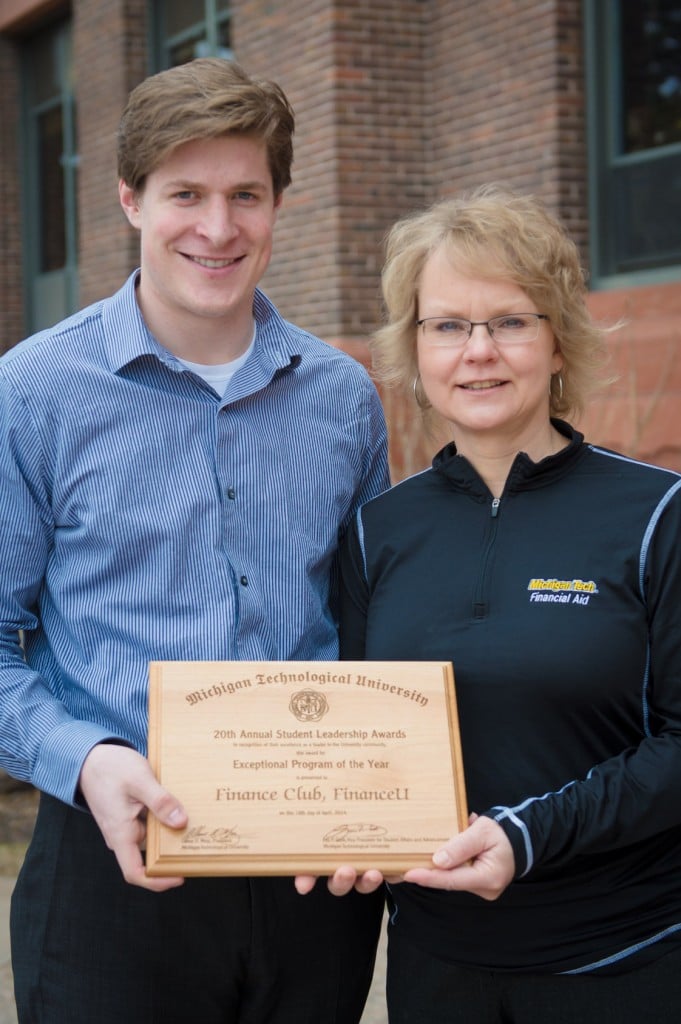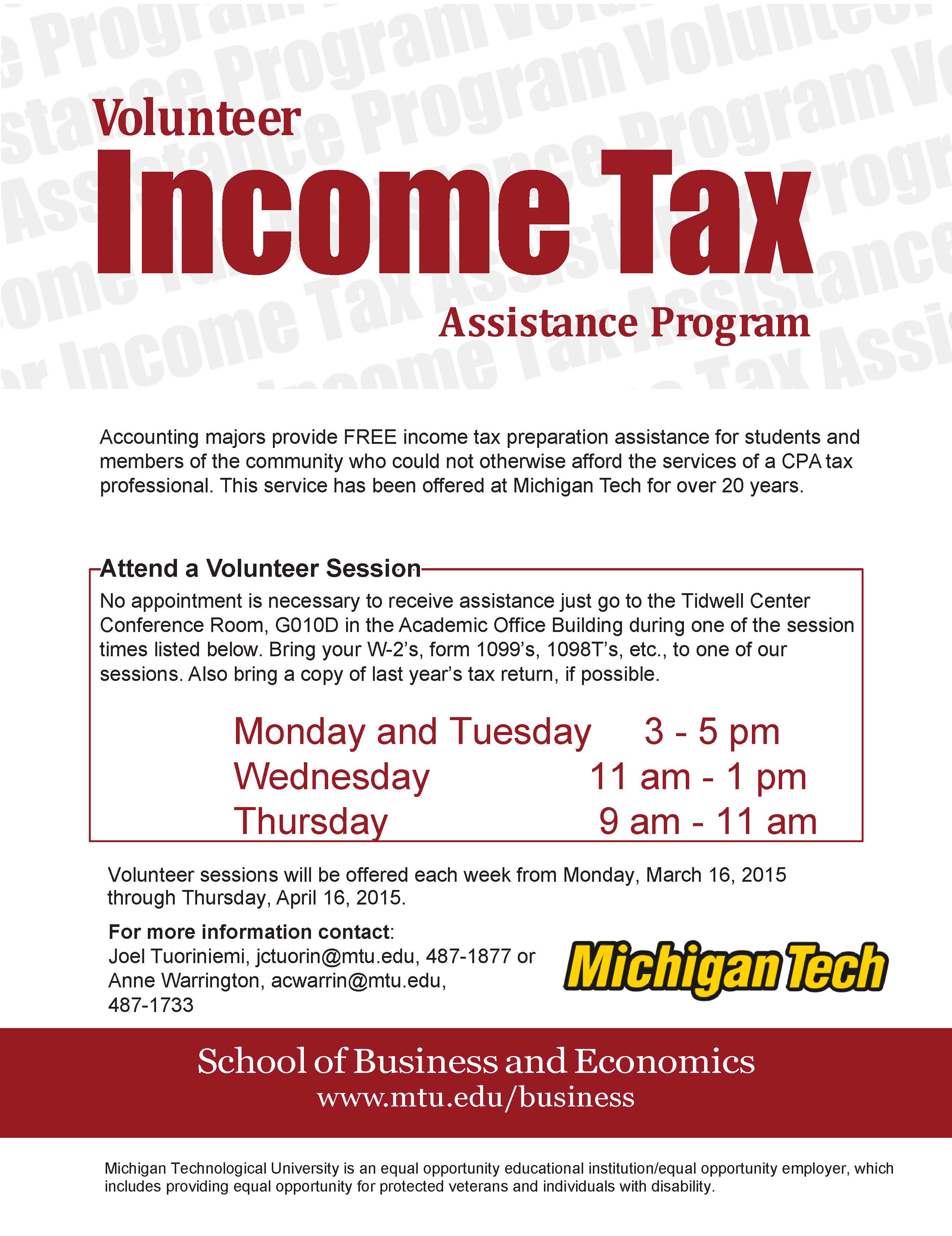On September 11th, Barbara Johnson-Rossi spoke with Accounting students about her field, and how they can aspire to be Chief Financial Officers. Johnson-Rossi worked for nearly 30 years within the healthcare industry as an Internal Auditor, Manager of Accounting, Director of Operations, and CFO. Now retired, she maintains 8-10 hours/week of consultancy work helping with payer contracting and managing data around cost-of-care.

Based on popular demand, Johnson-Rossi will be presenting once again, this time to the Kappa Sigma Iota (KSI) Accounting Club and members of the greater Tech community. Her discussion will cover the various career options available within the field of Accounting, including a deeper look at the jobs she has held. KSI Accounting Club welcomes any interested parties to join them in welcoming Barbara Johnson-Rossi back to campus this Wednesday, October 1st at 5:30 pm in Fisher Hall, Room 131.
Where does a giant international retailer turn when it needs innovative IT support? Michigan Technological University, of course.
Target Corporation, with international headquarters in Minneapolis, is the first retail firm to participate in Michigan Tech’s signature Enterprise program. In the Enterprise program, teams of students work with a business or industry sponsor on a real-world problem that the sponsor would like the students to help solve.
ITOxygen is an Enterprise that specializes in information technology (IT) solutions. Their motto: We breathe new life into information technology projects.

Target actually presented ITOxygen with several problems involving mobile app development and computer infrastructure. Over the school year, the students developed an app for the iPad that measures wi-fi connectivity throughout Target stories. Another app lets shoppers with Android smartphones build a shopping list and share it with others.
The shopping list app will be particularly useful for event planners, teachers and parents buying school supplies, or groups of students or others living together. “With it, you can avoid buying 200 boxes of Kleenex and no crayons, Russ Louks, ITOxygen’s advisor, explains.
The ITOxygen students also wrote scripts to automatically deploy servers nationwide. Then they were invited to present their work to a meeting of high-level corporate executives.
Target not only put money into the project, they really integrated the students into the corporate IT structure, says Rick Berkey, the Enterprise liaison between Michigan Tech and corporate sponsors. “The students are working right along with Target IT professionals, learning the language of the industry,” Berkey says. “That level of support and time commitment is unusual.”
Target has enjoyed recruiting for technical talent at Michigan Tech, says E. B. Hakkinen, process consultant for Target Corporation’s Technology Solutions. “Target was interested in continuing to build upon our strong relationship with Michigan Tech, she explains. “We wanted to deepen our partnership and technology brand on campus. We saw a unique opportunity through the Enterprise Program, specifically ITOxygen, to brand Target as an employer of choice for technology students, while collaborating with Michigan Tech students and giving them a first-hand experience of what it could be like to work for Target.”
“We learned a lot in our first year, 2012-2013, working with ITOxygen,” she continues. “This past year we experienced success with all of our ITOxygen projects. We found the best approach is to allow the students to be innovative in their solutions while we provide the support and tools necessary for them to be successful. We look forward to continuing our relationship and seeing innovative solutions from the ITOxygen students in the coming school year.”
As Berkey puts it, without a hint of a grin, “the ITOxygen students have been right on target.”
One of the students, David Shull, a computer engineering major, was especially impressed with Target’s commitment to integrating technology into retail sales. “It’s really exciting how innovative they’re being in mobile and web technologies,” he says.
Shull feels that the Enterprise project teaches skills that are hard to learn in a traditional classroom setting. “The most important thing I gained was the experience working on a corporate project with people from all over the country,” he says.
Projects like ITOxygen’s work with Target prepare students for their future in the working world, which is just what Target—the first retailer to come to Michigan Tech’s Career Fairs–wants. “Target is recruiting skilled IT employees,” says Berkey. “It’s more than a retail store.”
Shull says students need the kind of experiences the Target Enterprise project offered. “It’s too easy for students to think they know what ‘real’ work is like,” he says. “I hear students complain about how a concept they’ve learned won’t be of use in the real world. Opportunities like the Target Enterprise project give students hands-on experience that is guaranteed to be applicable in the real world, and demonstrates the value of concepts that were learned previously. They also facilitate self-learning, engineering management and other key skills.
“Plus—there is something really cool about walking into a Target store and knowing that you wrote an app the employees or shoppers are using.”
This story was originally posted in Michigan Tech News and written by Jennifer Donovan. To see the original story please view this link.
 A team from the Business Development Experience Course (BUS 4992) tied for second place in the category of Design Expo Image Contest, in 2014’s Design Expo. This accomplishment is particularly impressive, as over 600 Michigan Tech students across all disciplines competed in this year’s hands-on, discovery-based learning program, hosted by the Institute for Leadership and Innovation and the College of Engineering.
A team from the Business Development Experience Course (BUS 4992) tied for second place in the category of Design Expo Image Contest, in 2014’s Design Expo. This accomplishment is particularly impressive, as over 600 Michigan Tech students across all disciplines competed in this year’s hands-on, discovery-based learning program, hosted by the Institute for Leadership and Innovation and the College of Engineering.
The team, titled “Balise and RFID Use in Rail Systems,” consisted of members Frank Kampe (’14, BS in Marketing), Min Li (’14, BS in Operations and Systems Management), Daniel Holmberg (’14, BS in Management), and Kevin Heras (projected graduation: Fall 2014, majoring in Management). In order to participate in the Design Expo, team members took the Business Development Experience two-course sequence, where business school students ascertain the commercial viability of potential projects. Since the implementation of the courses, business school students have been teaming up with the Enterprise and Senior design project teams to look at their technologies from a business perspective.
Team Advisor and Assistant Professor of Entrepreneurship and Innovation, Saurav Pathak, was pleased with his students and the work they conducted. “This group in particular made valuable recommendations to Technical Expert Network (TEN) on how to expand the use of Radio Frequency Identification (RFID) technologies in the US rail industry,” Pathak remarked. He added, “The fact that business school students were placed as award winners in an event that predominantly highlights the technological feats at Michigan Tech is proof that there is value in ascertaining the business prospects of these technologies.”
Congratulations to the team on their award!
 At the 20th Annual Student Leadership Awards on Friday, April 18, FinanceU received the honor of Exceptional Program of the Year. FinanceU, an event in financial literacy put on by the Office of Financial Aid and the School of Business and Economics’ Finance Club on November 20, owes some of its success to its partnership with Michigan Tech’s Office of Financial Aid and Wells Fargo Bank.
At the 20th Annual Student Leadership Awards on Friday, April 18, FinanceU received the honor of Exceptional Program of the Year. FinanceU, an event in financial literacy put on by the Office of Financial Aid and the School of Business and Economics’ Finance Club on November 20, owes some of its success to its partnership with Michigan Tech’s Office of Financial Aid and Wells Fargo Bank.
The Finance Club and the Office of Financial Aid have partnered to produce the successful FinanceU events in order to help students make informed financial decisions. FinanceU’s mission is to foster a greater sense of financial literacy among all students, regardless of major. Topics discussed at this year’s event included financial aid opportunities, how to manage one’s personal finances, starting and continuously funding a substantial retirement plan, and provided students with online tools to help manage all of these aspects. Financial Aid Advisor, Cindy Cowell, and Wells Fargo Store Manager, Ellie Freeman, were on hand to answer questions from audience members, but the main focus of the event was for students to present information to other students, since research shows that individuals are better able to understand a message when it is delivered by a peer.
This second consecutive FinanceU event held at its roots the same message as last year’s activity; Michigan Tech students were given the knowledge and power needed to enable them to begin making sound financial decisions before even graduating from college. Similar to the previous year’s event, a survey was administered to participants, asking them to rate their knowledge of budgeting. This year’s FinanceU event was so successful that the number of participants doubled, with over 200 students completing the surveys.
Brett Ludwig, 2013/2014 President of the Finance Club was extremely proud of FinanceU’s accomplishments. “With this year being the second time FinanceU has put on the event,” Ludwig remarked, “we were hoping that it would be bigger and better than last year. Mission accomplished. With Donzel Dixson [Finance Club member] on the bullhorn outside, the flow of students coming to the booth as well as Finance Club members going throughout the library to ask people questions were astounding. We’re excited to host more events in the future.” Ludwig will be graduating in a few weeks, but will leave the Finance Club in the capable hands of Heath Johnson, 2014/2015 President.
